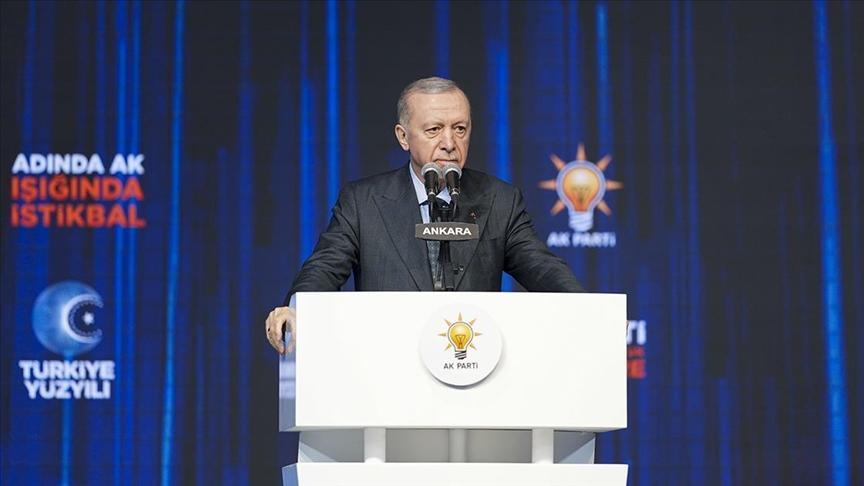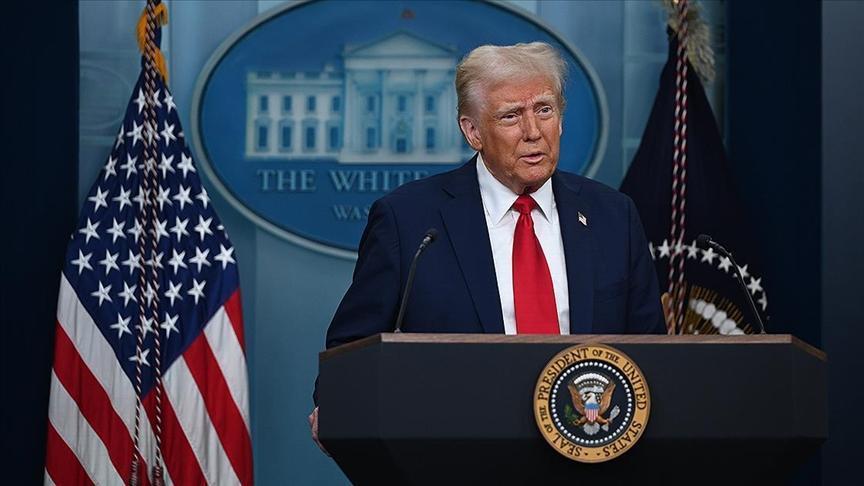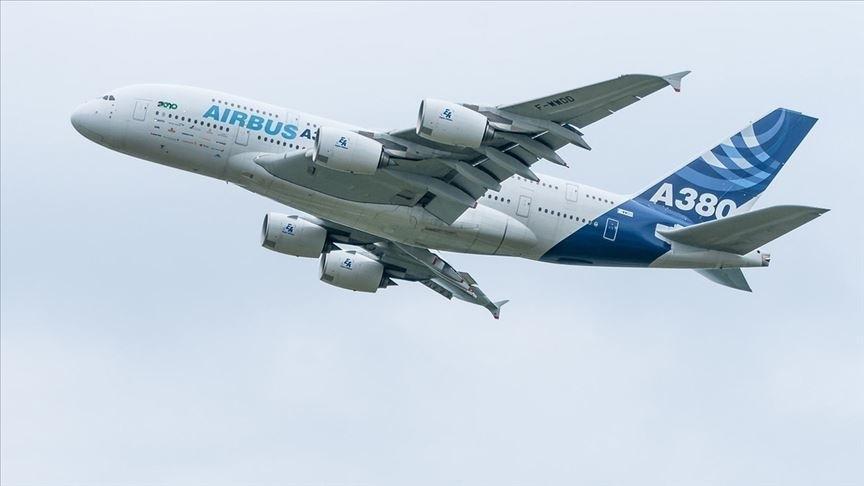Labour mounts pressure on May
COVENTRY – Reuters

Britain should stay in a customs union with the European Union even after it leaves the bloc, opposition leader Jeremy Corbyn said on Feb. 26, setting up a possible parliamentary defeat for Prime Minister Theresa May.
As May tries to strike a divorce deal with the European Union by October, she faces a rebellion by a small group of pro-Europeans inside her Conservative Party that Labour Party leader Corbyn hopes to use to undermine her authority.
May has ruled out any customs union with the EU after Brexit because it would prevent Britain from striking new trade deals with fast-growing economies including as China and India.
Corbyn explicitly backed a customs union in a speech on Feb. 26, setting the stage for Labour lawmakers to join Conservative rebels in supporting the necessary amendments to trade legislation.
“Labour would seek to negotiate a new comprehensive UK-EU customs union to ensure there are no tariffs with Europe and to help avoid any need whatsoever for a hard border in Northern Ireland,” Corbyn said in the central English city of Coventry.
But the veteran left-winger disappointed some anti-Brexit politicians in his party by indicating he, like May, favours Britain leaving the EU’s single market - the only way it would be able to prevent unlimited immigration from Europe.
In a bid to win over rebels in May’s party, Corbyn appealed to members of parliament of all parties and said Labour would not support any deal that would do lasting damage to jobs, rights and living standards.
“I appeal to MPs of all parties to be prepared to put the people’s interests before the ideological fantasies,” he said.
May stuck to her position.
“The government will not be joining a customs union. We want to have the freedom to sign our own trade deals and to reach out into the world,” the spokesman said, adding that Britain would seek either a new “customs partnership” or a “highly streamlined customs arrangement” with the EU..
The vote on the amendments could be tight: May holds a working majority of 13 seats and, while British media said between 10 and 15 of her party might rebel, a few pro-Brexit Labour lawmakers are expected to vote with the government.
While defeat would represent a major challenge to May, some of the Conservative rebels have already played down talk of a government collapse, and any changes could be reversed later in the legislative process.
Trade Secretary Liam Fox said the government would delay the vote partly because it wanted more time to convince its lawmakers to vote with the government.
Sterling rose on Feb. 26, partly on hopes that Corbyn’s shift indicates Britain will stay close to the EU after Brexit. The pound rallied 0.6 percent to $1.4047 and 0.3 percent to 87.79 pence per euro.”
May is due to set out her own vision for Britain’s post-Brexit relationship with the EU in a speech on March 2, following a special cabinet meeting on March 1 when she will also meet European Council President Donald Tusk who last week called her ideas on post-Brexit ties “pure illusion.”
While Britain’s politicians discuss what sort of Brexit they want, EU leaders have warned that time is running out and they need more than vague statements from Britain in order to strike a proper deal by October.
By staying within a customs union, Britain would avoid tariff barriers for its exports to the bloc as well as the risk of a return to a ‘hard border’ between Northern Ireland and the Republic of Ireland.
But that, supporters of leaving the EU argue, would prevent other trade deals around the world, which they see as one of Britain’s big potential gains from Brexit.
Labour is narrowly ahead in opinion polls but, like the Conservatives, remains deeply divided on its Brexit strategy and has no appetite for a second referendum on EU membership.
The party’s divisions were exposed over the weekend when more than 80 senior members called on Corbyn to commit to remaining in the EU’s single market.
“During the transition period, which was proposed by Labour in the first place, Labour would seek to remain in a customs union with the EU and within the single market,” Corbyn said.
“That means we would abide by the existing rules of both during transition.”
















